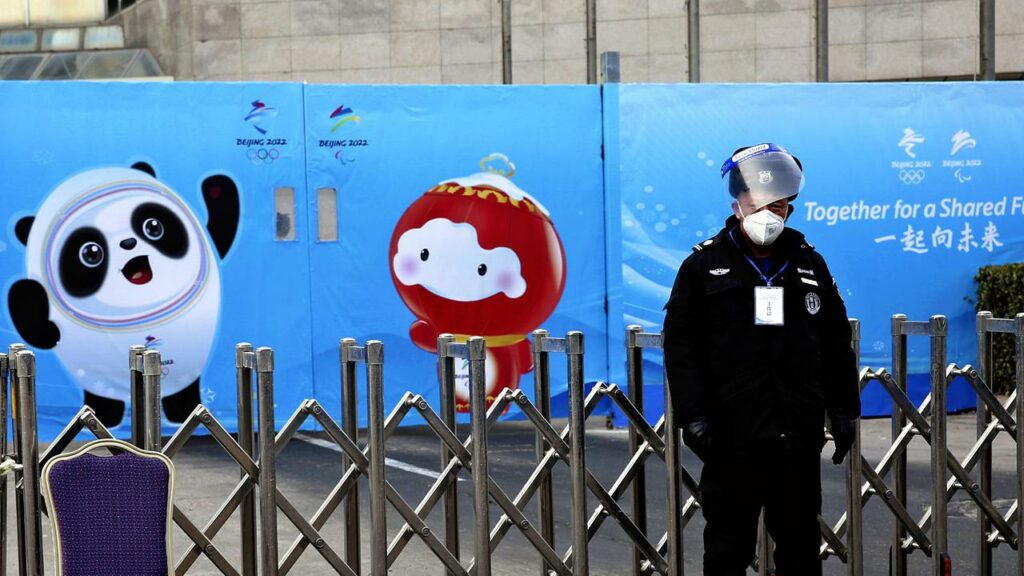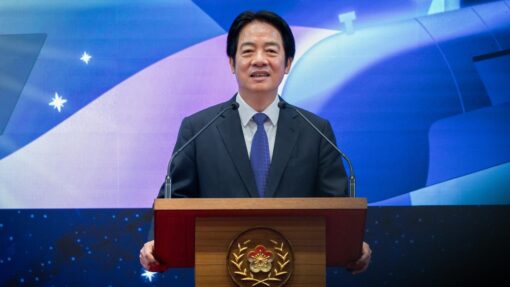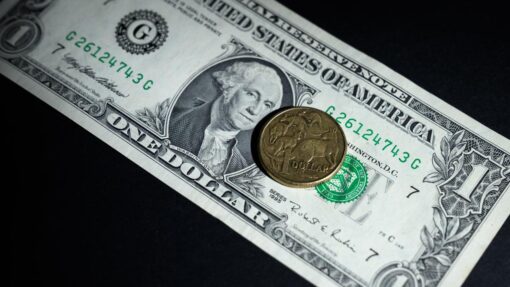Australians give bizarre Games thumbs-up
Melissa Woods |

The COVID-19 bubble in Beijing was at times bizarre but also a blessing for the Australian Winter Olympic team.
Chinese Olympic staff dressed head to toe in hazmat suits including plastic gloves, shoes encased inside the ensemble, and masks in place behind plastic face shields became the norm.
There were daily PCR tests for athletes, officials and journalists and the smell of hand sanitiser and disinfectant in the air throughout the 17-day Games.
All parties were locked in a “closed loop” of competition venues, three villages, hotels and press centres, with the only sight of the real Beijing through an Olympic bus or train window.
Those who failed China’s zero tolerance approach to the pandemic – more than 500 including 183 athletes and team officials – endured a different view of the Games from an isolation hotel.
With some locked in for up to 14 days, their sour, stressful and frustrating experiences were among the lowlights of the Games.
But chef de mission Geoff Lipshut said the Australian team embraced a different kind of Olympics as they reaped a record number of medals.
Learning from experiences in Tokyo last year, the AOC provided athletes with their own chef, who cooked all meals so they could avoid the village mess hall, while a coffee barista was flown in from Brisbane.
Even Jakara Anthony’s gold medal celebrations were done in-house, although party numbers dwindled as the Games went on, with athletes flown out of China 48 hours after their last event.
Apart from curler Tahli Gill, who in her recovery from the virus produced positive and negative tests, and alpine skier Katie Parker, who had to delay her arrival due to COVID-19 and rely on a second test to compete, Australian athletes remained unaffected.
A number of the team said they actually appreciated China’s stringent COVID conditions as it meant they could final relax, after months trying to dodge the virus while also attempting to qualify.
“With COVID restrictions in place, including our own precautions that we took extremely seriously, we were really sticking to ourselves in the villages,” Lipshut said.
“This actually helped promote a strong team bond, because our athletes didn’t go and visit their friends on on other teams in other buildings.
“The athletes felt comfortable and they felt a little bit of home.
“The team culture was first class.”
The sad absence of fans in the stands was noticeable, but again there was upside.
Young athletes including Anthony and bronze medal-winning snowboarder Tess Coady said that without family present, the Games had the normality of a World Cup event, which took off some of the intense Olympic pressure.
Despite pre-Games criticism about man-made snow, the competition venues were widely praised with many athletes vowing to return despite temperatures dropping as low as -27C.
Lipshut said triple Olympian alpine skier Greta Small rated Beijing as the best of her three Games.
“These were a well run, well organised Games,” Lipshut said.
“The venues were close to the villages, which really made things easy and the venues themselves were excellent, and the villages were outstanding.”
“The local people in the village … were welcoming, familiar and friendly, even though we can only see their eyes.”
AAP


